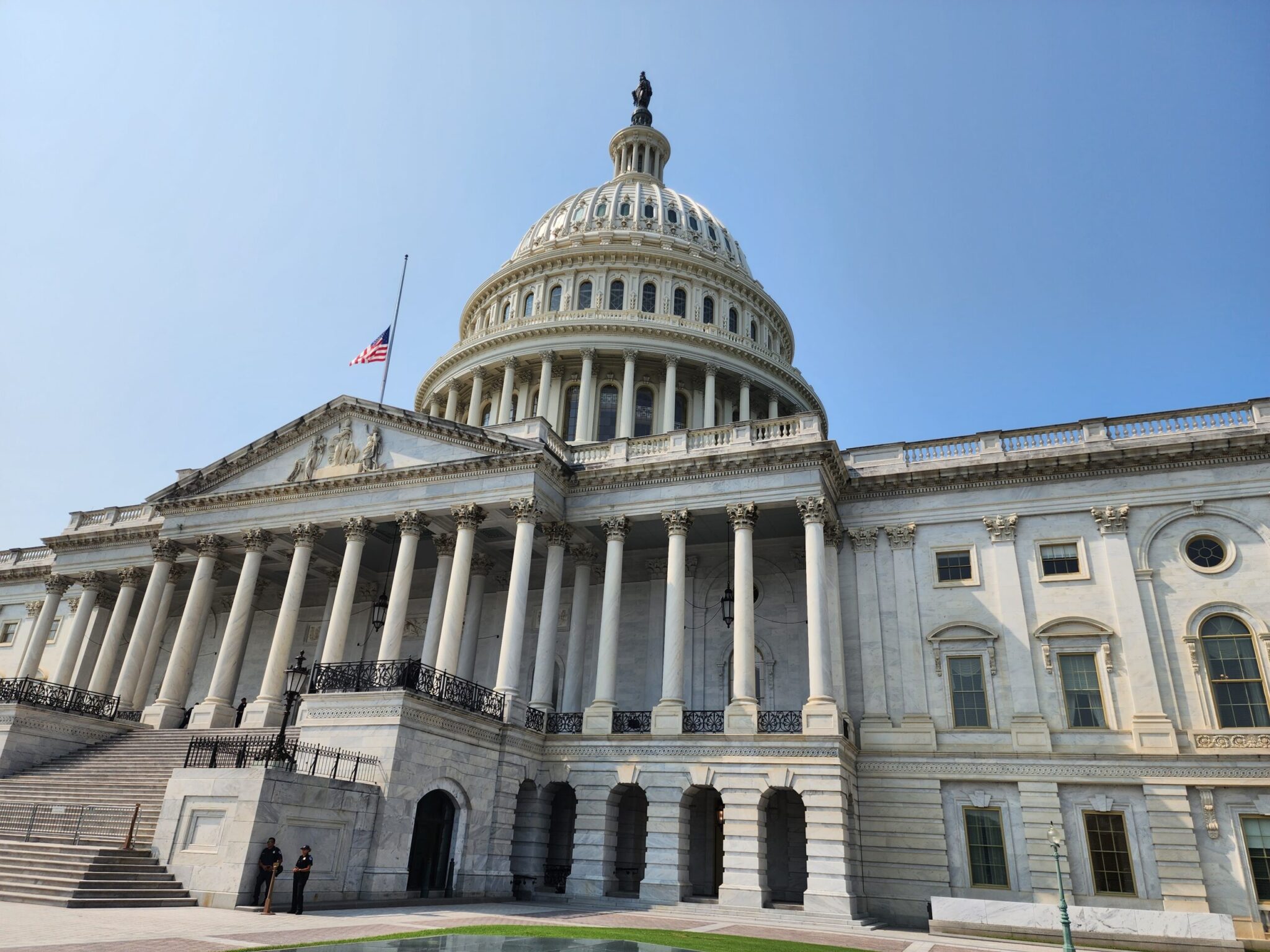Crypto-Asset National Security Enhancement and Enforcement Act (CANSEE): Reactions and Implications
As part of recent legislative developments, a bill known as the Crypto-Asset National Security Enhancement and Enforcement Act (CANSEE) has been introduced with the intent of introducing stringent regulations on individuals involved in decentralized finance, commonly known as DeFi.
Purpose of the CANSEE Act
The CANSEE Act aims to improve national security and combat illegal activity in the DeFi space. The proposed bill suggests implementing strict accountability measures for DeFi platform operators and major stakeholders if their platforms are utilized for illicit purposes. However, two prominent organizations in the crypto space, CoinCenter and Blockchain Association, have expressed serious concerns regarding the bill, criticizing it with descriptions such as “significantly flawed” and “overreaching”. They warn of potential adverse effects for the broader crypto community.
Concerns Raised by CoinCenter
In a joint statement, CoinCenter and its Executive Director, Jerry Brito, expressed their concerns about the CANSEE proposal. They described it as “messy”, “arbitrary”, and “unconstitutional”. CoinCenter highlighted several core issues, including:
- Stretching the scope of the Bank Secrecy Act (BSA) and sanctions – The bill would extend these obligations to individual developers and give the Secretary of the Treasury the power to decide who controls certain protocols. CoinCenter argues that the suggested exemption does not satisfactorily resolve this problem.
- Fear of overreach – The bill could potentially lead to enforcement actions against those publishing books containing code. CoinCenter contends that such a development could restrict free speech and suppress innovation in the crypto arena.

Response from the Blockchain Association
The Blockchain Association also issued an official response to the CANSEE Act. While recognizing the government’s aim to control money laundering, the association alleged that the bill adopts a “blanket ban” strategy that lacks the delicacy needed to protect individual rights effectively. They urged the responsible bodies to contemplate a more balanced, targeted approach to accomplish their goals.
Blockchain Association’s Evidence Against the CANSEE Act
- According to the association and its CEO, Kristin Smith, illegal transactions accounted for only 0.24% of all cryptocurrency transactions in 2022.
- Current regulations are considered sufficient to enforce the rule of law. The proposed bill was dismissed as “unworkable” and fundamentally incompatible with digital asset technology.

Proposal for an Alternative Approach
CoinCenter and the Blockchain Association support other initiatives aimed at preventing illegal activities, such as amendments to the National Defense Act that target specific cryptocurrencies. The organizations believe that these focused tactics could better address concerns without endangering individual liberties or hindering the growth of the crypto sector.
CANSEE Act: Next Steps
The CANSEE Act was presented in a bipartisan fashion on July 19 by members of the US Senate Banking Committee, including Democratic senators Jack Reed and Mark Warner, as well as Republican senators Mike Rounds and Mitt Romney. It is currently undergoing examination in the US Senate, with further discussions and potential alterations anticipated. If the bill is passed, it could have wide-ranging consequences for DeFi and crypto stakeholders.
DISCLAIMER: The content provided on this website is for general market commentary only and does not amount to investment advice. We strongly recommend conducting your own research before investing.